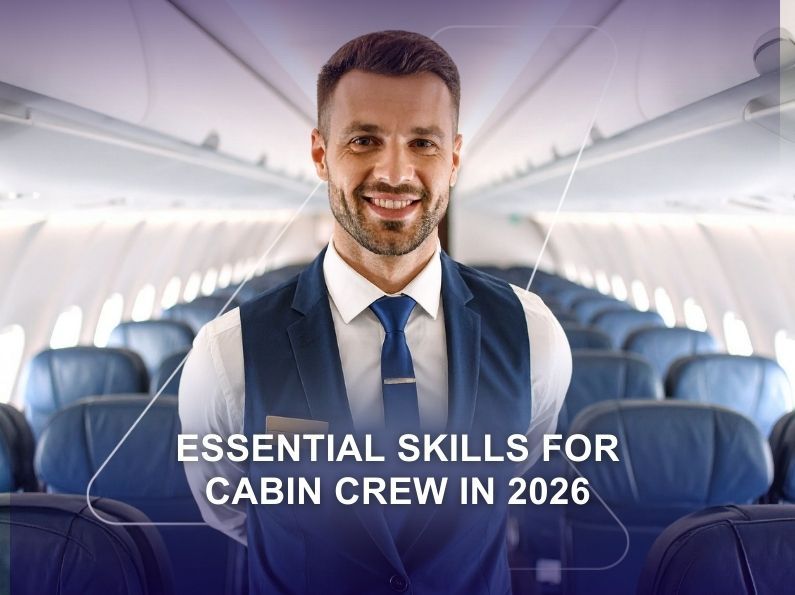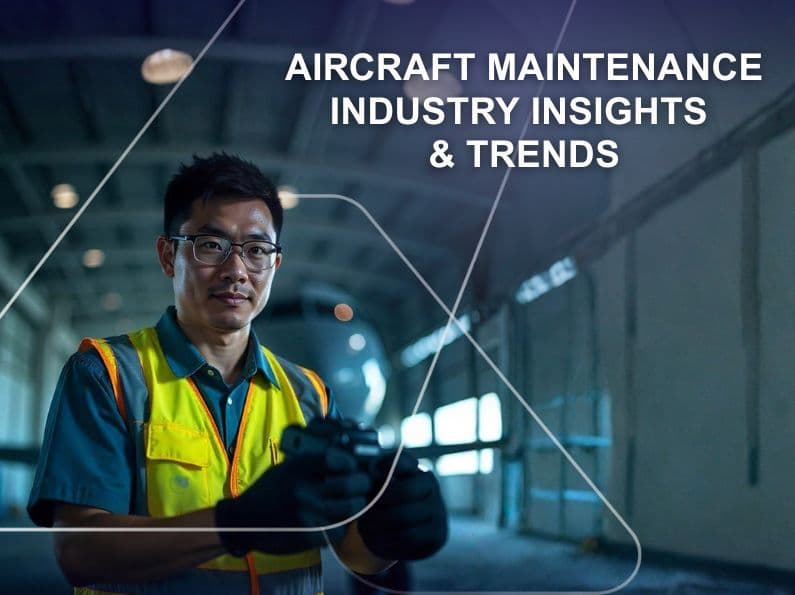✈️ 5 Surprising Cabin Crew Facts You Probably Never Knew

Behind every flight is a highly trained safety professional, not just a service role.
From managing medical emergencies to making split-second safety decisions, cabin crew undergo some of the most comprehensive training in the aviation industry.
At MHC Aviation, we work closely with crew, airlines, and operations teams every day. One thing is clear: while passengers often see cabin crew as the friendly face of the airline, their responsibility extends far beyond service.
Here are five lesser-known facts that highlight just how skilled and essential they truly are.
1. Cabin Crew Use Discreet Codes to Communicate Onboard
To maintain calm in the cabin, crew rely on a system of coded chimes, hand signals, and specific phrases that allow them to share information quickly and precisely.
These codes help coordinate everything from minor operational issues to security alerts, all without drawing passenger attention.
2. Their First Aid Training Goes Far Beyond the Basics
Cabin crew are the first line of response for medical events in flight, and their training reflects that responsibility.
They are prepared to:
- Operate defibrillators
- Respond to cardiac events and strokes
- Manage severe allergic reactions
- Deliver babies
- Stabilize injuries
- Provide oxygen therapy
At 35,000 feet, their ability to manage advanced medical scenarios is essential to passenger safety.
3. Crew Can Assess Passengers in Seconds During Boarding
As passengers step onboard, cabin crew are already conducting a rapid, trained assessment.
This quick evaluation allows them to identify:
- Those who may require additional assistance
- Signs of intoxication or distress
- Potential safety risks
- Able-bodied persons who may assist in an emergency
These observations help crew plan proactively and ensure the safest possible environment throughout the flight.
4. Most Cabin Crew Are Not Paid During Boarding
Despite the workload and responsibility involved, boarding and pre-departure tasks are unpaid in many airlines.
This includes helping with bags, managing seat changes, resolving conflicts, supporting families, and preparing the cabin for departure.
It’s an often-overlooked aspect of the profession, and a testament to the commitment crew bring to their role.
5. Cabin Crew Must Be Able to Evacuate an Aircraft in 90 Seconds
International aviation regulations require that a full aircraft can be evacuated in 90 seconds, in near-darkness, with half the exits blocked.
Cabin crew train extensively to meet this standard, repeating high-pressure drills that simulate a range of emergency scenarios.
This capability is one of the clearest reminders that cabin crew are, above all, highly trained safety professionals.
✈️ The Expertise Behind Every Flight
Cabin crew play a central role in aviation safety. Their training, readiness, and ability to act under pressure form a critical part of every airline operation.
At MHC Aviation, we are proud to support crew and airlines worldwide, ensuring that the professionals who keep passengers safe are recruited, trained, and supported to the highest standards.



